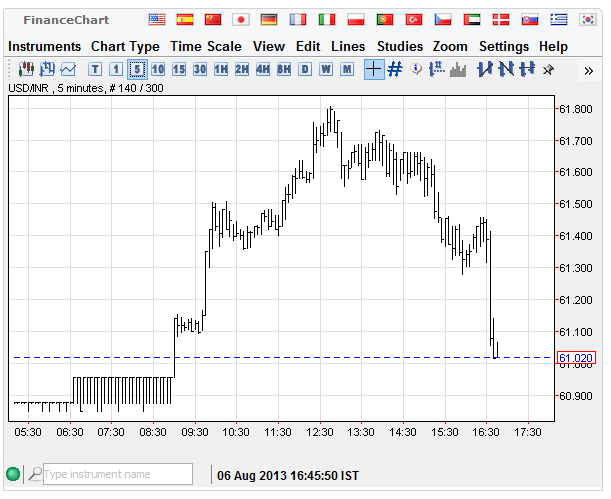So the news is that Raghuram Rajan has been appointed as the Governor of the Reserve Bank of India and his three year term will start in September.
This is a bit surprising given that Indian government officials are not too free market fundamentalists as Raghuram Rajan. What is more disappointing is that Rajan completely denies that Keynesianism works.
For example Rajan wrote the last year in an FT piece (and which was also picked by Paul Krugman)
A general increase in government spending may be too blunt – greater demand in New York is not going to help families eat out in Las Vegas (and hence create more restaurant jobs there).
This is a total denial of Keynesianism. This is exactly what Keynes set out to disprove in the 1930s and unfortunately we have people denying this. A rise in domestic demand in New York will obviously lead to a rise in output in New York and New York employment as well as employment in Las Vegas because New Yorkers will purchase output of people in Las Vegas when their (New Yorkers’) incomes rise.
Also notice he singles out government spending and keeps private spending separate.
Instead Rajan offers supply side reasons for the economic mess. In an article for Foreign Affairs titled The True Lessons of the Recession he offers the following reasons:
In fact, today’s economic troubles are not simply the result of inadequate demand but the result, equally, of a distorted supply side. For decades before the financial crisis in 2008, advanced economies were losing their ability to grow by making useful things.
O.M.G.
Computers, mobile phones don’t count?
Rajan’s appointment is a bit surprising given that Indian officials are far from free market fundamentalists as Rajan. Perhaps Indian officials were too worried about the depreciation of the Rupee and appointed him? Seems to have helped for today at least – the Rupee hit all time lows during the day and has recovered sufficiently after the announcement.
Chart via NetDania
